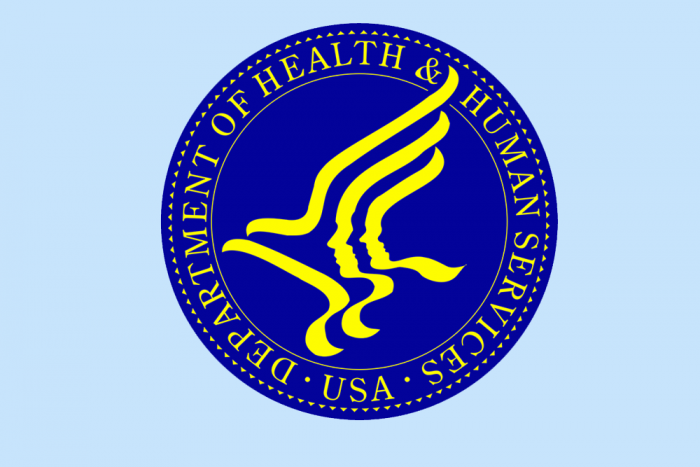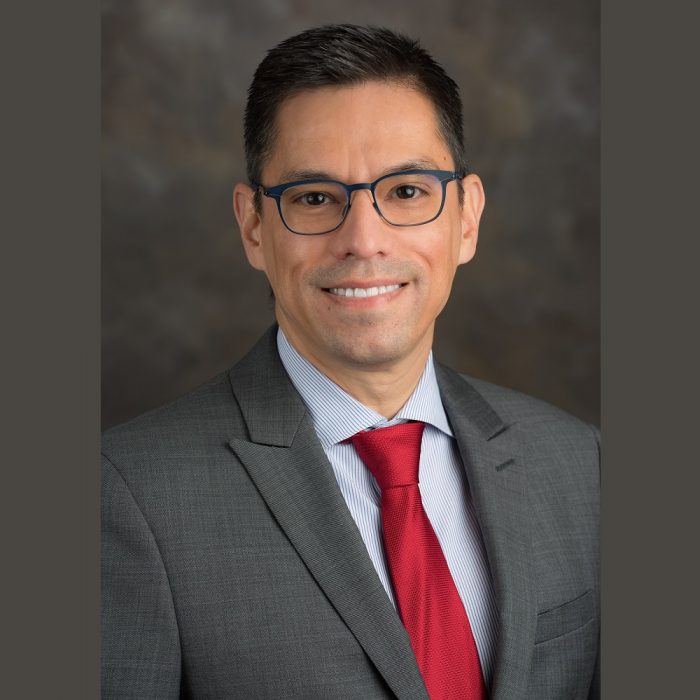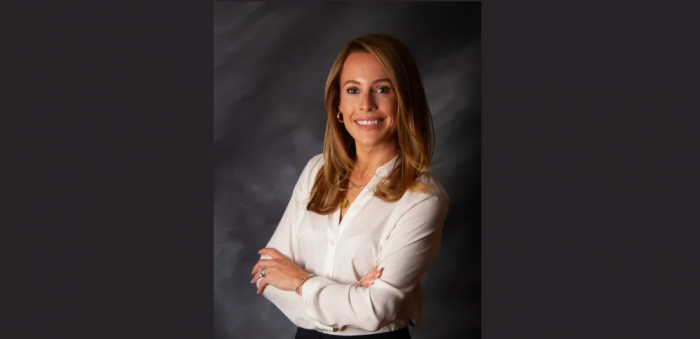RCPA Announces New Mergers, Acquisitions, and Affiliations Connection Service

CARF Seeks Feedback on New Disorders of Consciousness Standards

CARF International requests feedback on their newly released standards for disorders of consciousness. These standards were created with input from the field, and CARF is interested in feedback from providers and other stakeholders. You are invited to share within your network including with families/caregivers and those with lived experience.
Questions can be directed to:
Terrence Carolan, MSPT, MBA
Managing Director | Medical Rehabilitation and Aging Services
CARF International
Provide Feedback Here
U.S. HHS Renews Public Health Emergency Declaration to Address National Opioid Crisis
The U.S. Department of Health and Human Services (HHS) announced yesterday that the public health emergency declaration addressing the nation’s opioid crisis has been renewed, allowing sustained federal coordination efforts and preserving key flexibilities that enable HHS to continue leveraging expanded authorities to conduct certain activities in response to the opioid overdose crisis.
The public health emergency, first declared under President Trump in 2017, was set to expire on March 21, 2025. The renewal extends the emergency for 90 days.
More information about the declaration is available on the Substance Abuse and Mental Health Administration’s (SAMHSA) website.
AATOD Conference Set for Philadelphia in October; Early Registration Now Open
The 2025 American Association for the Treatment of Opioid Dependence (AATOD) Conference will be held October 4 – 8 in Philadelphia at the Philadelphia Marriott Downtown. The 2025 conference theme is “The Evolving Field of Opioid Treatment.”
Early registration is open now through June 30. Register here.
The aim of the conference is to educate and promote acceptance and integration of medication-assisted treatment options by patients, families, clinicians, the medical system, judicial systems, government, policymakers, social service administrations, and the general public. Presenters will disseminate innovative, evidence-based initiatives and treatment techniques to better serve patients and providers, improve program development and administration, promote integration across the continuum of care, and enhance patient outcomes to assist communities in developing an effective response to this crisis.
The Pennsylvania Association for the Treatment of Opioid Dependence (PATOD), the state chapter of AATOD, is a member of RCPA. RCPA member Josh Nirella, Regional Director for Acadia’s Comprehensive Treatment Centers, is Conference Chair. RCPA member Pam Gehlmann, Regional Director for Pinnacle Treatment Centers, is Host Committee Chair.
More information is available on the 2025 AATOD Conference website.
Congress Passes Continuing Resolution; Updates on Medicare and Medicaid Released
FY 2025/26 PATH Grant Application Now Open to Public Comment
The Office of Mental Health and Substance Abuse Services (OMHSAS) is pleased to announce that the draft application for the Fiscal Year 2025 Projects for Assistance in Transition from Homelessness (PATH) grant is now available for public comments. The draft application has been posted for public review on the Mental Health in PA website.
The PATH grant is a non-competitive formula grant available to all states and territories by the Stewart B. McKinney Homeless Assistance Amendments Act of 1990. PATH programs serve individuals with serious mental illness experiencing or at imminent risk of homelessness. The PATH grant application is submitted to the federal agency Substance Abuse and Mental Health Services Administration (SAMHSA) annually.
Please note that this is the Pennsylvania application to SAMHSA. This is not a request for new PATH project proposals.
The PATH Application public comment period will remain open until 10:00 am Friday, March 21, 2025. If you have any questions or comments, please send them to Lauren MacWithey, Pennsylvania PATH Grant Coordinator, via email.
Please contact RCPA Policy Associate Emma Sharp with any additional questions.
RCPA Member Pittsburgh Mercy President & CEO Tony Beltran Accepts New Position in California to Be Closer to Family
DDAP Issues Alert Detailing NTP Exception, Allows Telehealth for Initial Screening and Physical Exam
The Pennsylvania Department of Drug and Alcohol Programs (DDAP) today issued Licensing Alert 01-2025 to update statewide exceptions granted to narcotic treatment programs (NTP) in September 2024 to expand access to medication for the treatment of opioid use disorder (MOUD). Specifically, this alert expands the exceptions to allow expanded use of telehealth in initial screening and physical examinations consistent with medical practice regulations of the State Board of Medicine.
Effective December 21, 2024, the State Board of Medicine amended its regulation regarding prescribing, administering, and dispensing controlled substances. The updated regulation mirrors federal regulations by allowing regulated practitioners in NTPs to conduct initial physical examinations by telehealth and initiate treatment with buprenorphine or methadone in compliance with federal requirements and requires an in-person physical examination to be completed within 14 days after admission. Therefore, DDAP is also granting an exception to 28 Pa. Code § 715.9(a)(4), which is the rule that requires a face-to-face determination be made as to whether a person has been dependent on a narcotic drug for at least one year prior to starting MOUD, provided that the NTP has a trained person to diagnose the client using medical criteria in accordance with 42 CFR § 8.12(e)(1) and documents the reason for admission for MOUD treatment in the record. DDAP will allow telehealth for the initial screening and medical examination provided that the clinician determines that they can complete an adequate examination through that method, that the mode of telehealth is permissible for the MOUD to be used in accordance with 42 CFR 8.12(f)(2)(v), and that the NTP completes a full in-person physical examination within 14 days of admission in accordance with 42 CFR 8.12(f)(2)(iii).
DDAP first granted statewide exceptions based on 42 CFR part 8 through Licensing Alert 07-2024. Today’s Licensing Alert 01-2025 rescinds and replaces Licensing Alert 07-2024.
Federal regulations continue to require NTPs and clinicians to comply with pertinent state laws and regulations.
To review all of the exceptions DDAP is granting NTPs, read Licensing Alert 01-2025.
There is no need for NTPs to submit exception requests or to inform the DDAP if they are using these exceptions.















